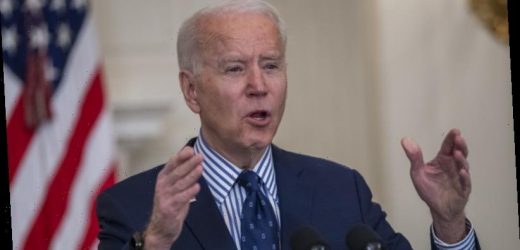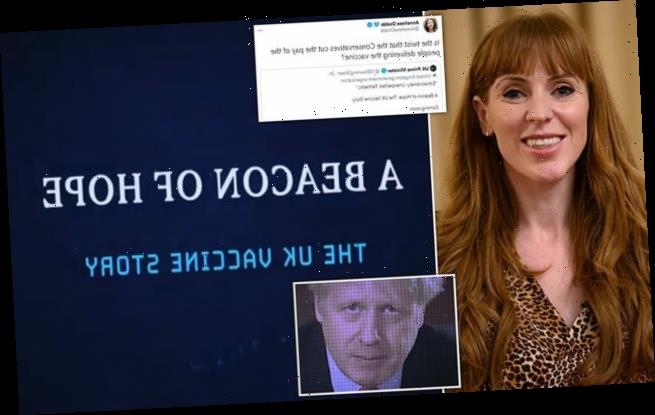Washington: Bill Clinton, in his 1996 State of the Union address, famously declared that “the era of big government is over”. It was a striking demonstration of the fact that, although a Democrat was in the White House, the economic conservatism championed by Ronald Reagan was still the dominant ideology in US politics.
When Joe Biden delivers the first prime-time television address of his presidency on Friday (AEDT), he’s unlikely to announce that “the era of small government is over; big government is back in fashion”. But in Washington, it is.
US President Joe Biden has scored the first major legislative victory of his presidency. Credit:EPA
Republicans in Congress have argued that Biden’s $2.5 trillion COVID relief package — which has now passed both the House of Representatives and the Senate — goes well beyond providing pandemic relief.
They’re right. Characterising the bill as an economic stimulus package obscures the fact it is the biggest anti-poverty initiative introduced by a Democratic president since Lyndon Johnson in the 1960s.
Although he campaigned as a soothing moderate, Biden is very much governing as an ambitious progressive.
In dollar terms, Biden’s bill is more than twice as big as the economic recovery package introduced by Barack Obama at the height of the global financial crisis in 2009.
It’s equally as expensive as the economic relief package signed into law by Donald Trump almost a year ago when coronavirus cases were beginning to explode and employers began laying off workers en masse.
The difference is that Biden’s package homes in on the Americans who need support the most: those in the lowest income brackets. The Urban Institute think tank estimates it will cut the national poverty rate by a third and slash child poverty in half.
As well as direct payments for most workers, the bill includes a substantial increase to the child tax credit worth up to $3600 ($4650) per child. That makes a big difference to low- and middle-income families.
Americans in the lowest tax bracket are expected to see a 20 per cent increase in their incomes while high earners won’t see much difference at all. That’s a reverse of Trump’s massive tax cuts, where the biggest benefits flowed to wealthy Americans and corporations.
Crucially, Biden’s big-ticket items are tangible and easy to understand. That’s a big change from the Obama era stimulus where, in a strange act of wonky self-sabotage, a major tax cut was deliberately designed so that people wouldn’t notice it.
Biden’s bill did not receive the support of a single Republican in the House or Senate. In that sense, his vow to bring bipartisanship back to Washington has so far been an epic failure.
But viewed from the perspective of American voters, the bill is about as bipartisan as one could imagine in such a divided country. Polls show it is wildly popular, with about seven in 10 Americans and four in 10 Republicans in favour of it.
That’s why Republicans and conservative media personalities have spent more time on the culture war over recent week — obsessing on the news that some Dr Seuss books will be discontinued because of racist imagery — rather than attacking the bill.
Passing ambitious legislation will only get harder for Biden from here, largely because of the arcane Senate rules that require 60 votes for most bills to become law.
But coronavirus cases are on the decline, vaccination rates are increasing and Biden has a big legislative win under his belt. Fewer than 50 days after entering the White House, America’s 46th president has plenty to celebrate.
What in the World
A note direct from our foreign correspondents about what’s making headlines around the world. Sign up for our weekly newsletter here.
Most Viewed in World
From our partners
Source: Read Full Article



